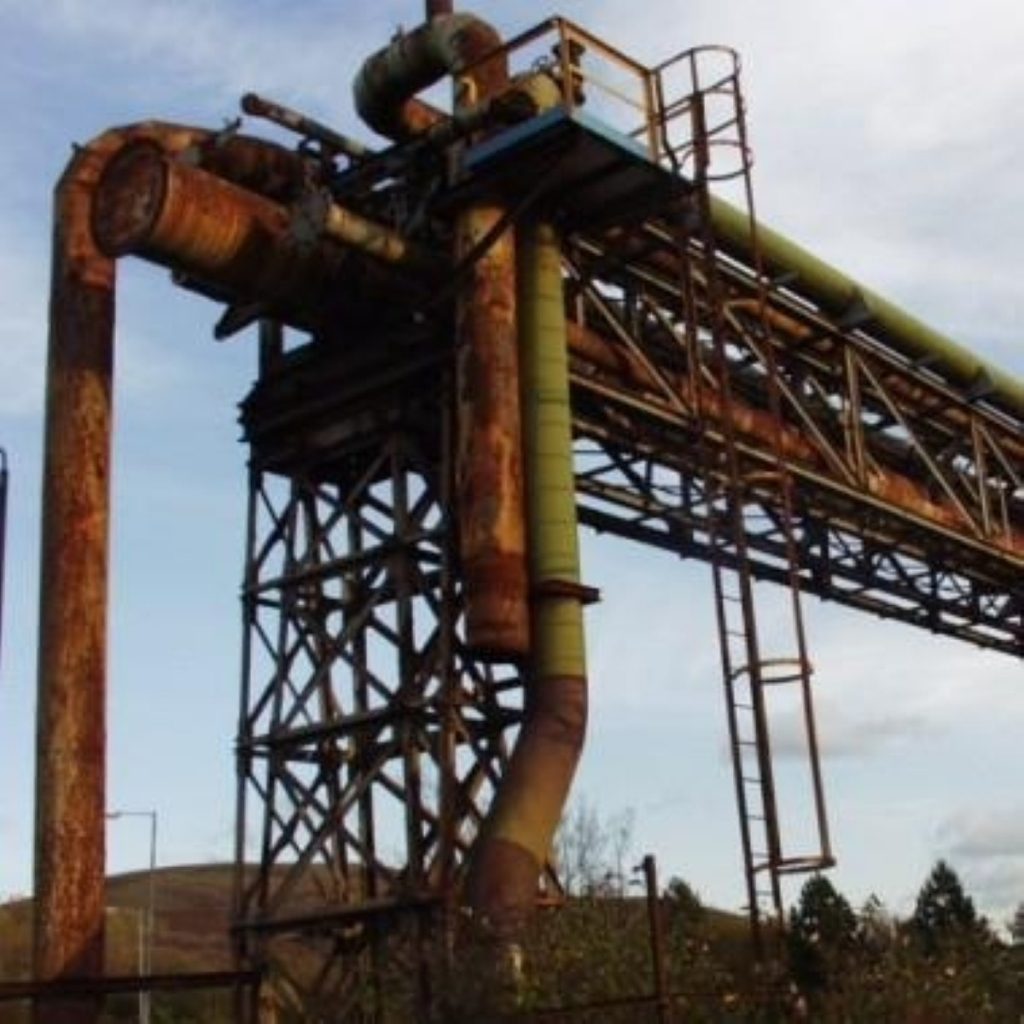Britain ‘complacent’ over Russian gas dispute
By Ian Dunt and Alex Stevenson
The government is facing accusations of complacency over its response to the Russian gas crisis engulfing Europe.
Foreign Office sources are saying the UK is entirely unaffected by the crisis, but opposition parties have described the statement as “complacent” and “mealy-mouthed”.
A Foreign Office spokesperson insisted there was “no risk to the UK since we receive very little gas from Russia – none directly and at most two per cent indirectly in the mix we receive from continental Europe”.


The spokesperson continued: “UK gas storage stocks are at healthy levels for the time of year. There is an improving outlook of UK security of supply for the remainder of the winter. We continue to have healthy North Sea supplies, as well as access to the large gas reserves in Norway via pipelines, and to the global liquefied natural gas market via National Grid’s terminal at Grain – which is soon to finish commissioning its second phase operations.”
But shadow energy secretary Greg Clark said: “The government is being complacent and careless in saying that this will have no effect in the UK.
“North Sea gas output has been in decline for several years and by 2020 the UK will be importing 80 per cent of its gas. Against that background the UK needs to develop significant gas storage; but while Germany has 99 days of gas storage capacity, France has 122 days, Britain has just 15 days now and even on the government’s own projections will have only around 30 days by 2020.”
He continued: “This means that Britain is becoming one of the most vulnerable countries in Europe to turbulence in gas supply and means that UK consumers pay the price because we are more exposed to volatile gas prices than our neighbours.”
Edward Davey, Liberal Democrat foreign affairs spokesman, echoed the Tory accusation, but also turned his fire on Gordon Brown’s reaction to the crisis.
“Britain’s complacency in the face of [Vladimir] Putin’s bullying over gas supplies is both shameful and short-sighted,” he said.
“It is time for Gordon Brown to speak out against Russia’s actions. This is now clearly much more than a commercial dispute. We need a strong and united message from Brussels, rather than the mealy-mouthed statements we have seen so far.”
Russia’s state-owned energy firm Gazprom is currently locked in a pricing dispute with Ukraine’s Naftogaz which has resulted in natural gas exports to Ukraine being halted.
Seventeen European Union countries have suffered disruption to their gas supplies as a result and are being forced to draw on dwindling stockpiles amid freezing temperatures across much of the continent.
Lessons have not been learned from a similar impasse in January two years ago, Katinka Barysch of the Centre for European Reform thinktank believes.
“After 2006 people said this time it can’t happen again,” she told inthenews.co.uk.
“Despite that it has, it’s much worse than in 2006. So what happens next? The Europeans need to learn the lessons. The last time they simply panicked.”
The goal of an integrated European energy market remains elusive, but a directive is “in the pipeline” which will force energy firms to break up its transportation business from its production facilities.
Improving infrastructure through the courting of third-party countries like Turkmenistan to complete supply agreements with the EU are another option.
The current crisis appears to be escalating and Ukraine has claimed it has enough stockpiles to maintain its current stance until March.
But Ms Barysch pointed out the disruption of supplies to Europe means the country cannot afford dwindling sympathy from its western allies. It is currently seeking membership of Nato as well as accession to the EU.
She said: “In 2006 the Russians cut off the gas – the Ukrainians were the good guys. Since then they have discredited themselves, we have just seen squabbling self-serving politicians.
Not that the Russians can afford a prolonged impasse either, she added. “They need the cash.”
The government and both opposition parties have condemned the Russian action, however.
“We back the EU’s call for gas supplies to be restored immediately, and that both parties restart negotiations with a view to a speedy resolution of this commercial dispute,” a spokesperson from the department of energy and climate change said.
For the Conservatives, Mr Clark said: “The disruption of European gas supplies as a result of the dispute between Russia and Ukraine is unacceptable and very worrying.”
Mr Davey said: “Russia’s increasingly reckless behaviour, under an increasingly tsarist Putin, is a serious long-term threat to all of Europe’s energy security.”









